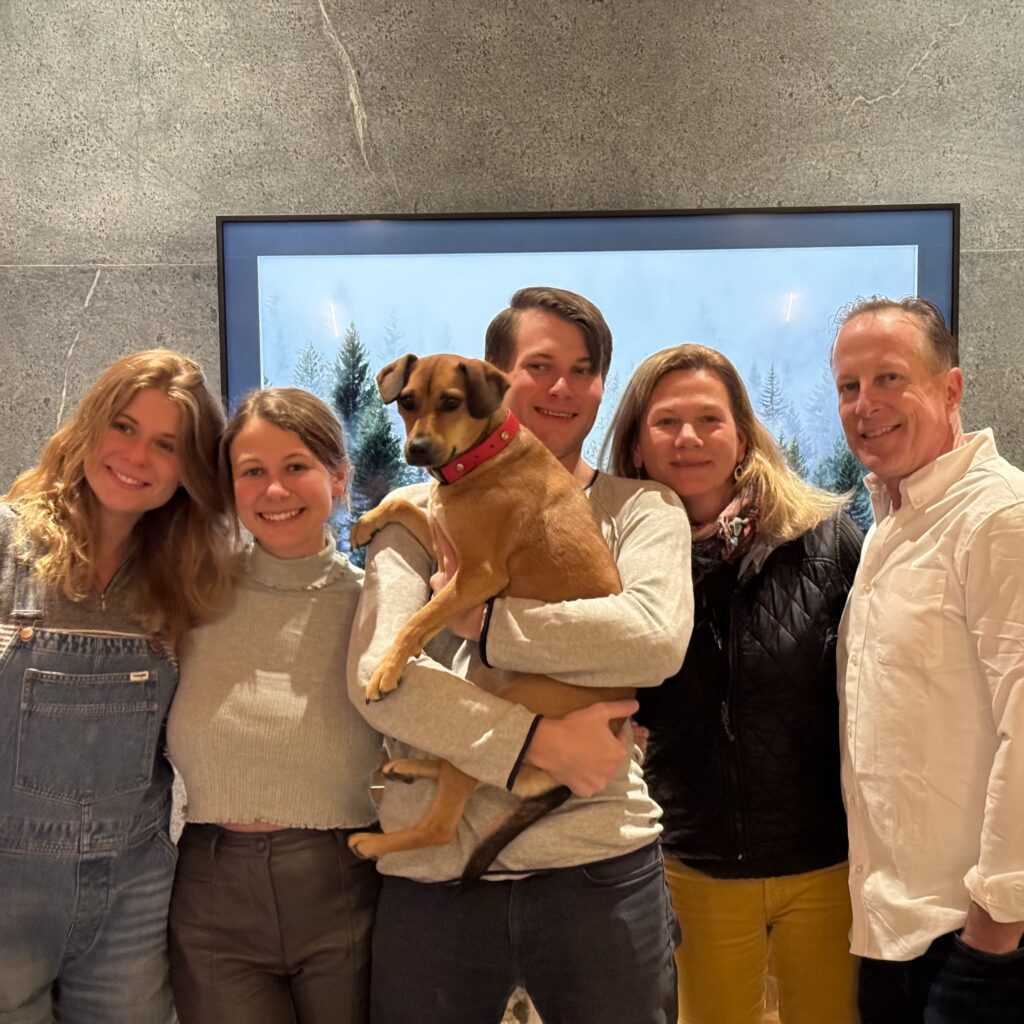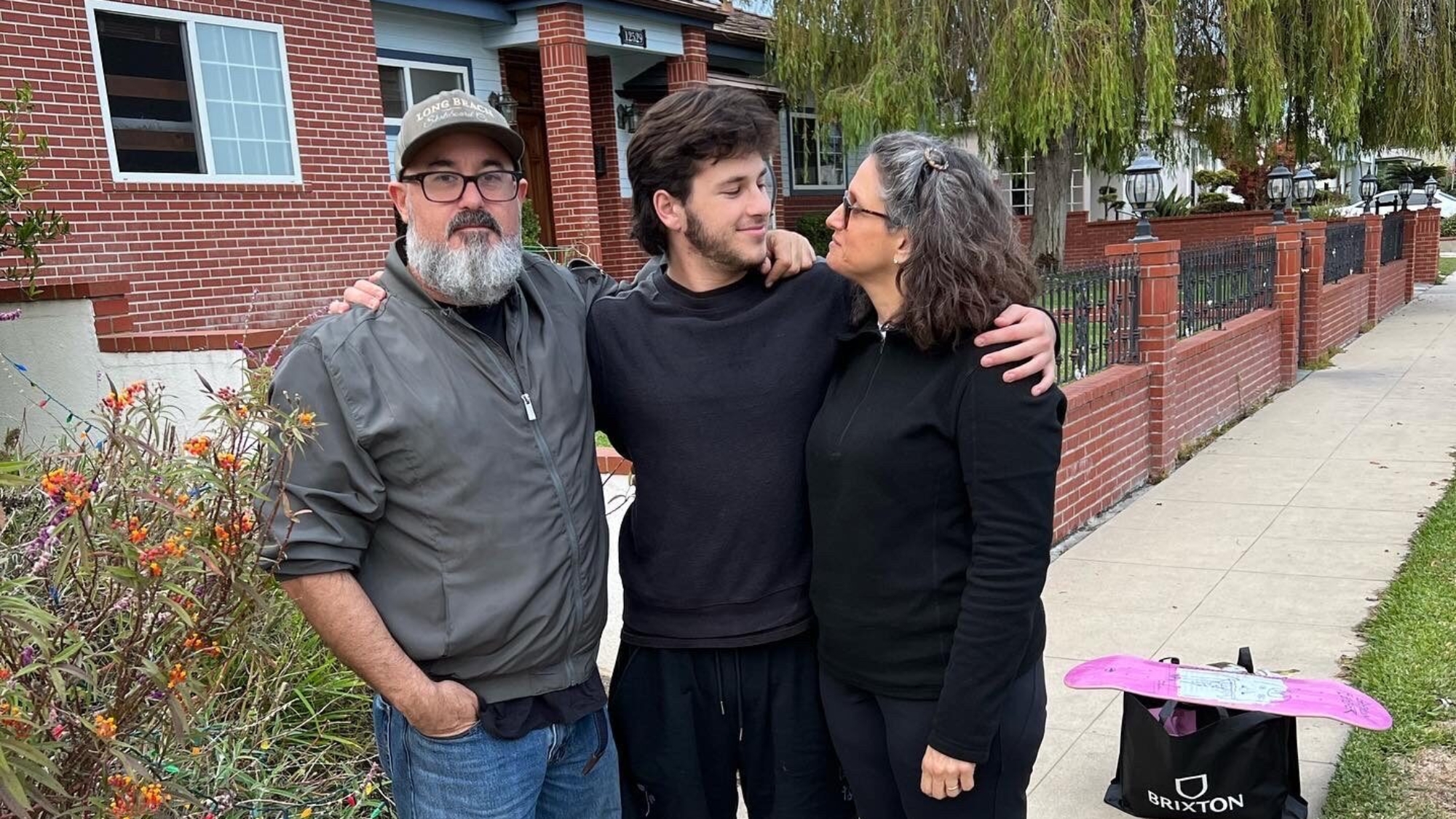At The Last House Sober Living, we know that recovery doesn’t happen in isolation. Families play a huge role in the healing process, and the way they approach their loved one’s recovery can either support long-term change or unintentionally create barriers. That’s why we put just as much emphasis on family support as we do on helping our residents rebuild their lives.
We believe that when families develop the right mindset toward recovery, half the battle is already won. Shifting old patterns, letting go of codependency, and learning how to trust the process is not easy—but it is necessary. Our family coaching program is designed to walk families through this process, giving them the tools, perspective, and support they need to grow alongside their loved one.
Why Family Coaching Matters
Recovery is rarely just about the individual. Addiction impacts everyone, and families often develop patterns of fear, frustration, enabling, or over-involvement as they try to navigate the chaos. By the time someone enters sober living, their loved ones are often exhausted and unsure of how to help.
That’s where family coaching comes in. We provide families with a safe space to express their concerns, ask questions, and learn healthier ways to approach recovery. The truth is, recovery doesn’t just mean sobriety—it means creating a new way of living. Families who engage in coaching gain perspective, break free from codependent habits, and learn to offer support without losing themselves in the process.
Weekly One-on-One Family Coaching
Every family at The Last House receives weekly one-on-one coaching sessions with our program director. These meetings are private, focused, and tailored to each family’s needs. During coaching sessions, families have the opportunity to share concerns about their loved one’s progress and ask questions about recovery milestones and challenges. They receive direct feedback from our experienced staff on the best ways to approach difficult situations. Families also begin learning strategies that help them set boundaries, reduce enabling behaviors, and encourage their loved one to take responsibility for their own recovery. This direct, consistent communication helps families feel supported while also giving them clarity about what’s happening in their loved one’s recovery journey.
Family Support Group
In addition to private coaching, we also provide group support for families. These groups create a sense of community and connection, reminding families that they are not alone in this journey. Our family groups take place on the first three Mondays of every month, with each week offering a different type of support.
On the first and third Monday, we hold open share meetings. These meetings are modeled after Al-Anon, beginning with a topic to guide discussion, and then allowing families to share openly about their experiences. Families often find comfort in realizing that others have walked the same path. Hearing stories of hope and resilience from families who are further along in the process provides encouragement and perspective. Just as importantly, families begin to see that their challenges are not unique, and that recovery is possible for everyone.
On the second Monday of each month, we hold a skills-based group led by Dr. Lynn Salvatore. These sessions focus on Dialectical Behavior Therapy, or DBT, a set of practical tools designed to manage emotions and improve communication. Families learn skills like mindfulness, distress tolerance, and ways to communicate effectively, which help them manage their own emotions while also giving them a clearer understanding of what their loved one is learning in treatment. By seeing these same skills in action, families can better connect with and support the changes happening at home.
Building Healthier Family Mindsets
At the heart of family coaching at The Last House is the idea of shifting mindset. Families who are overly focused on control or fear often struggle to allow the recovery process to unfold naturally. Our coaching helps families move away from unhealthy dynamics and toward healthier, more sustainable support.
A major focus of our work is helping families reduce codependency. Many loved ones lose themselves in the process of trying to manage or control their child, sibling, or partner’s recovery. Coaching teaches them how to care for themselves while still being present for their loved one. Families also learn how to encourage independence, understanding that their loved one’s recovery is about personal growth and accountability. Allowing residents space to practice responsibility is often one of the most loving actions a family can take.
We also help families learn how to trust the process. Recovery takes time, and progress is not always linear. Families are guided to let go of unrealistic expectations and to focus on the long-term path rather than short-term frustrations. As these skills are practiced, families strengthen their ability to communicate in healthy ways and rebuild trust within their relationships. This transformation doesn’t just benefit the resident in recovery—it creates lasting change for the entire family.
Why Families Choose The Last House
Many treatment programs focus exclusively on the individual, but at The Last House, we know that lasting recovery requires family involvement. Our combination of weekly one-on-one coaching, open share groups, and DBT skill-building sets us apart. Families who participate in our program walk away with a much clearer understanding of addiction and recovery, as well as practical tools for managing their own emotions and responses.
They also develop a strong sense of community by connecting with other families who are experiencing similar challenges. Over time, they gain the confidence to trust their loved one’s recovery process without feeling the need to micromanage or enable. Most importantly, families begin to heal right alongside their loved one, creating an environment that supports growth and long-term success.
The Lasting Impact of Family Coaching
When families invest in their own growth, recovery becomes a shared journey instead of a one-sided struggle. Parents, siblings, and partners often report that they feel lighter, more hopeful, and better equipped to handle challenges after participating in our program. Over time, these families become some of our strongest advocates, offering encouragement to new families just starting out. The process of sharing experiences and learning together creates a ripple effect that strengthens the recovery community as a whole.
At The Last House Sober Living, we believe that family involvement is not optional—it’s essential. By helping families develop the right mindset, we set the stage for lasting recovery. Weekly coaching, family groups, and DBT skills training create a powerful foundation for change, not only for our residents but also for the people who love them most. Recovery is not just about abstaining from substances—it’s about building a healthier way of life. With the right support, families can stop living in crisis and start living in connection, trust, and hope. That’s the difference family coaching makes, and that’s the difference The Last House provides.


